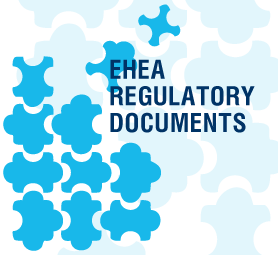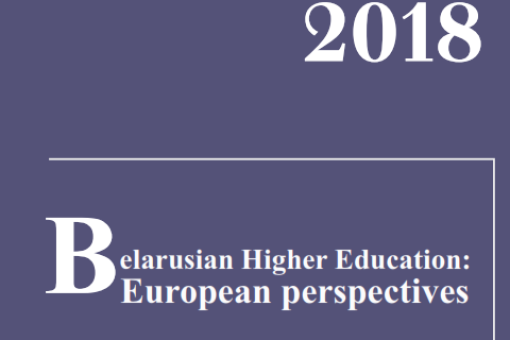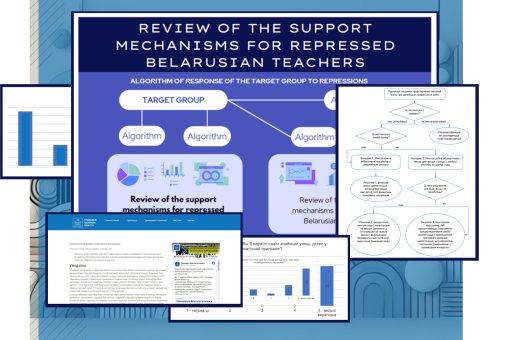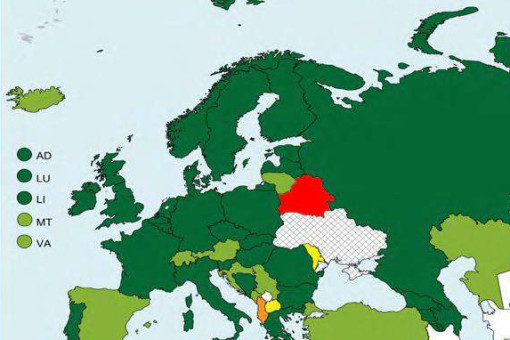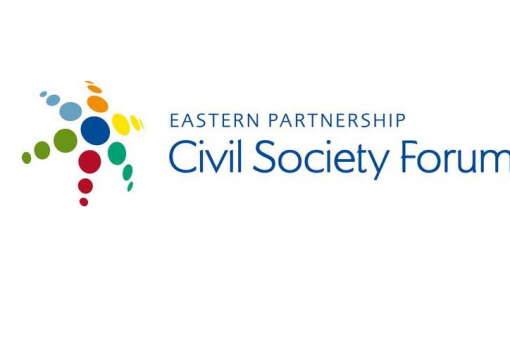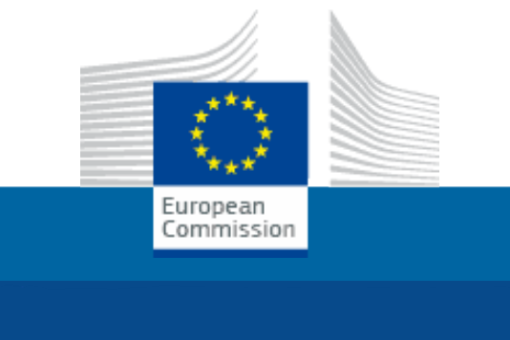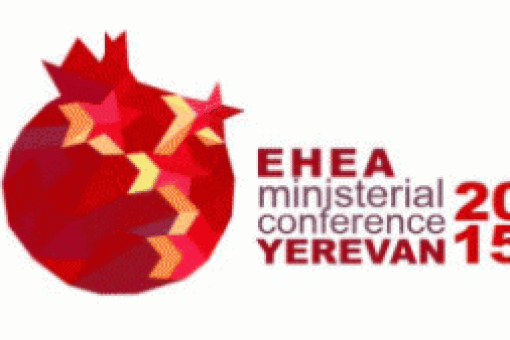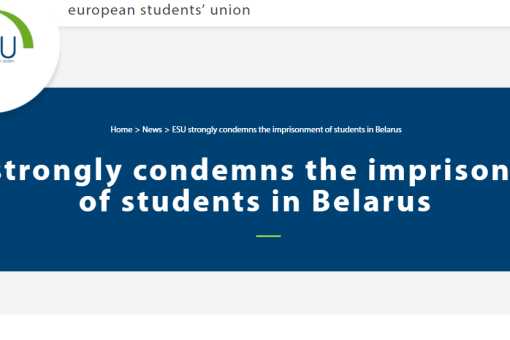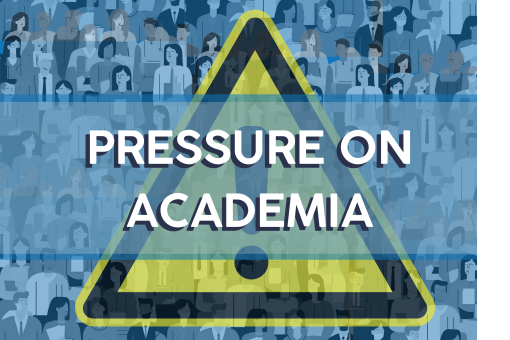Testimonials
 White Book 2018. Belarusian Higher Education: European Perspectives
White Book 2018. Belarusian Higher Education: European Perspectives
 Review of the support mechanisms for repressed Belarusian teachers
Review of the support mechanisms for repressed Belarusian teachers
 Report on meeting the targets of the Work Plan for Implementing EHEA Tools in the Belarusian Higher Education System
Report on meeting the targets of the Work Plan for Implementing EHEA Tools in the Belarusian Higher Education System
 Strategic plan implementation monitoring
Strategic plan implementation monitoring
 On maintaining BFUG special procedure to monitor the implementation of EHEA values and instruments and supporting civil society participation
On maintaining BFUG special procedure to monitor the implementation of EHEA values and instruments and supporting civil society participation
 Future of Europe: Towards a European Education Area by 2025
Future of Europe: Towards a European Education Area by 2025
 Adoption of the Yerevan Ministerial Communiqué, Belarus Roadmap For Higher Education Reform and Fourth Bologna Policy Forum Statement
Adoption of the Yerevan Ministerial Communiqué, Belarus Roadmap For Higher Education Reform and Fourth Bologna Policy Forum Statement
 European Students' Union strongly condemns the imprisonment of students in Belarus
European Students' Union strongly condemns the imprisonment of students in Belarus
 Pressure on Academia. Update from 04.07.2023
Pressure on Academia. Update from 04.07.2023
Демонтаж законодательной инфраструктуры болонских реформ
- Details
- News and Events
Для имплементации Кодекса об образовании после вступления его с силу с 1 сентября 2022 г. были обновлены или приняты вновь более 400 нормативно-правовых актов, многие из которых имеют отношение к высшему образованию. Анализ такого большого массива документов осложняется тем, что не все они находятся в открытом доступе. Поскольку нормы Кодекса об образовании не являются законом прямого действия, подзаконные акты придают им нужный политический смысл и говорят о намерениях власти значительно больше, чем абстрактные формулировки Кодекса. До 2021 г. новую редакцию Кодекса об образовании еще можно было сопоставлять с обязательствами Дорожной карты по проведению Беларусью реформы системы высшего образования, принятой в 2015 г. и Стратегического плана действий по реализации основных задач развития системы образования в соответствии с принципами и инструментами Европейского пространства высшего образования, утвержденного в 2018 г. Законодательство и академическую практику критиковали за избирательность, неполноту и медлительность в выполнении Дорожной карты и искажении смысла многих ее положений в Стратегическом плане. Тем не менее, Министерство образования демонстративно не отвергало болонскую перспективу беларуской высшей школы даже после приостановления сотрудничества с ЕПВО. В ежегодных Национальных докладах Минобразования о выполнении Стратегического плана представлялась картина открытости болонским инструментам и, пусть медленное внедрение некоторых из них.
Подробнее об изменениях можно прочитать в нашем мониторинговом отчёте.
Pressure on Academia. Update from 04.07.2023
- Details
- News and Events
Despite promising statements condemning violence from some universities in August, even before the start of the school year it became clear that there would be pressure on active students and teachers. The Belarusian Students' Association prepared a review of the pressure on students over the previous academic year. Honest University published it's "University is not a prison" project in December 2021. We supplement this data with cases of fired teachers.
Monitoring of the execution of the strategic action plan for the achievement of the main goals for education system development in accordance with the principles and instruments of the European Higher Education Area
- Details
- News and Events
The main outcome of 2021 was the approval of the new edition of the Education Code, which was supposed to create the basis for the Bologna reforms. Positive changes in the Code include the enshrinement of the norm of adding "Diploma Supplement" to the diploma in accordance with the European model after more than 10 years of promising. This is the only Bologna commitment that has been fulfilled almost fully.
Below we cite the selected parts of our analytical report, you can download the full report by clicking here.
Histories of Academia: Sergei
- Details
- News and Events
Belarusian Independent Bologna Committee is launching a series of articles with stories of fired university teachers. We cite articles in their entirety, without editing. All authors could hide the names of universities and departments for security reasons.
Sergei, teacher, Ph.D., associate professor, experience as an associate professor - 15 years.
I resigned from the university on the basis of conscience in September 2020, because I had to go to teach to people who participated in election fraud and who organized violence against their own people. After taking part in the protest, I was arrested, imprisoned, and sentenced under an administrative article, the so-called "people's article" 23.34. During the detention I was subjected to physical and moral violence by police and prison officials.
Review of the support mechanisms for repressed Belarusian teachers
- Details
- News and Events
The report was prepared by the Belarusian Student Support Association (BeSSA), an association of initiatives and organizations of the Belarusian diaspora working to support the Belarusian academic community. The association was established in autumn 2020 in the wake of repressions against students, employees of Belarusian universities and research institutions, in particular, the National Academy of Sciences. To date, BeSSA brings together organizations and academic initiatives from at least 10 countries, including Belarus, Lithuania, Estonia, Poland, the Czech Republic, Germany, Italy, Portugal and the United States. The focus of BeSSA's activities is on consolidating resources to create programs to support the target group, and on finding and disseminating information about existing opportunities for continuing education and / or academic careers outside the Belarusian education system.


